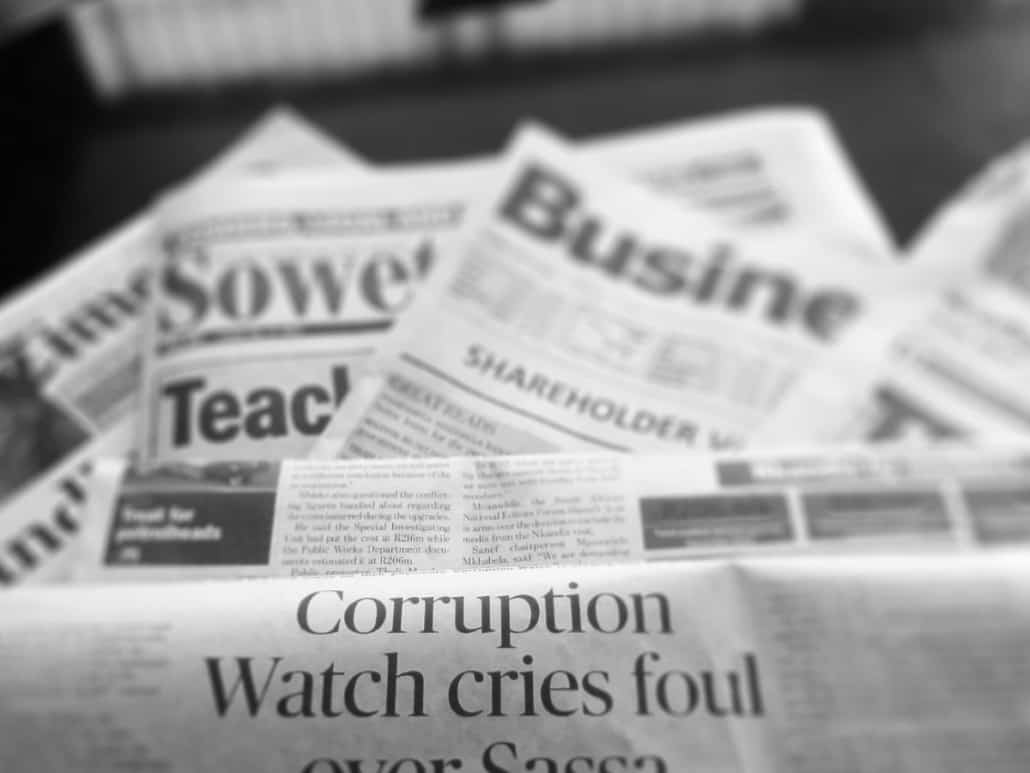According to Statistics SA, one in four Johannesburg drivers claimed to have been asked to pay a bribe to avoid a traffic fine in 2010. Surveys by Transparency International in 2010 and last year indicated that about one in three urban South Africans actually paid some form of a bribe to law enforcement officers during the periods in question.
And Corruption Watch research released this week estimated that more than half of Johannesburg’s metropolitan police department (JMPD) officers are corrupt.
Yet the JMPD is convinced that no more than one in every 10 of its officers is a bad apple, based largely on the official figure of just 184 such complaints being laid by members of the public between 2009 and last year.
So there is a yawning chasm between what ordinary people experience every day and have given up bothering to report, and what the JMPD desperately wants us to believe. This can only have come about either through wilful avoidance or subconscious denialism, motivated by political expedience or management incompetence.
Acknowledging the extent of the rot would undoubtedly be a good place to start if SA, and Johannesburg in particular, is to get on top of the official corruption that is becoming endemic to large swathes of the country.
That this is not the case everywhere — anecdotal evidence indicates that being pressured for a bribe when stopped for a traffic offence in Cape Town is still a relatively rare occurrence, for instance — merely proves that the key is quality of management and the political will to act decisively.
It is far harder to clean up a law enforcement authority once a culture of bribery is entrenched than it is to prevent it from becoming established in the first place. That is because neither the offerer nor the acceptor of a cash inducement is motivated to admit their involvement, and even when a member of the public complains, it often comes down to one person’s word against another’s.
Overcoming this hurdle demands proactive rather than reactive policing, which is why a department that refuses to admit the extent of the problem is doomed to watch it spiral out of control. Undercover — and independent — corruption busters are the weapon of choice to catch both members of the public who offer bribes and the officers who solicit them; the City of Johannesburg should waste no time in establishing such a unit.
This article originally appeared in Business Day on 25 April 2012.
Discussing Corruption Watch's recently released report on corruption in the Johannesburg Metro Police Department, Business Day's Peter Bruce said that acknowledging the extent of the rot would be a good place to start.

